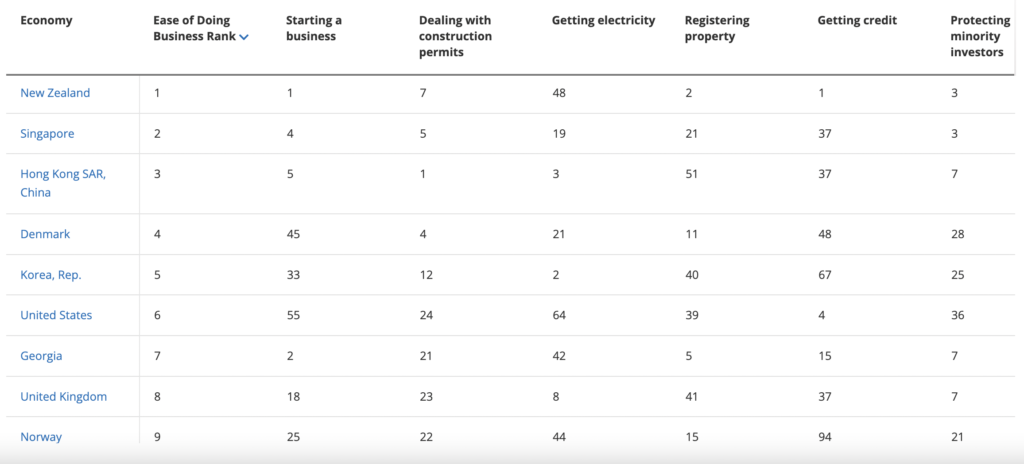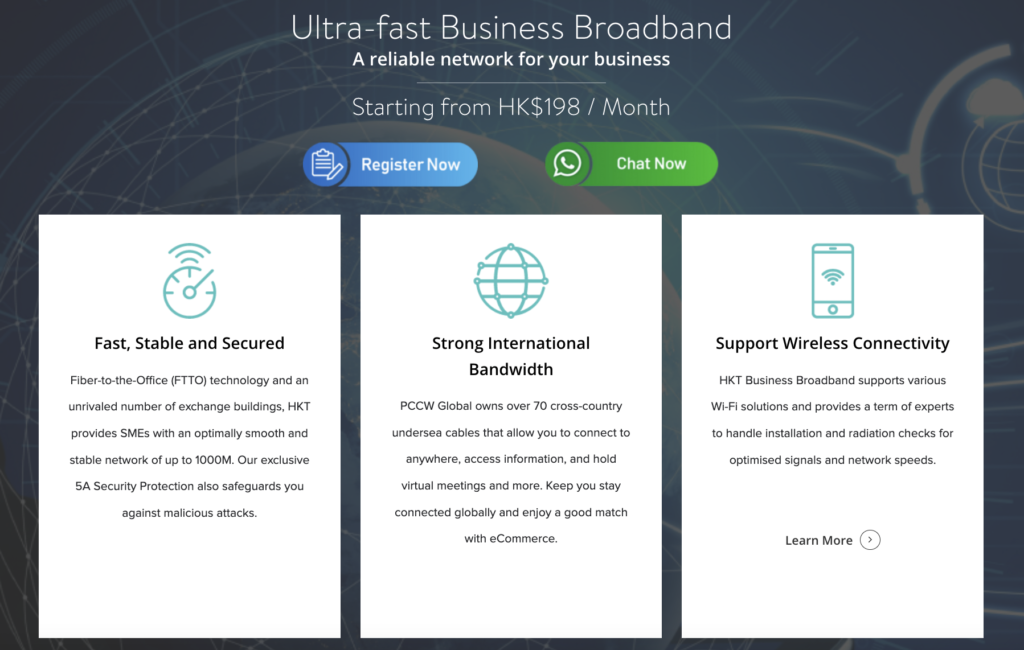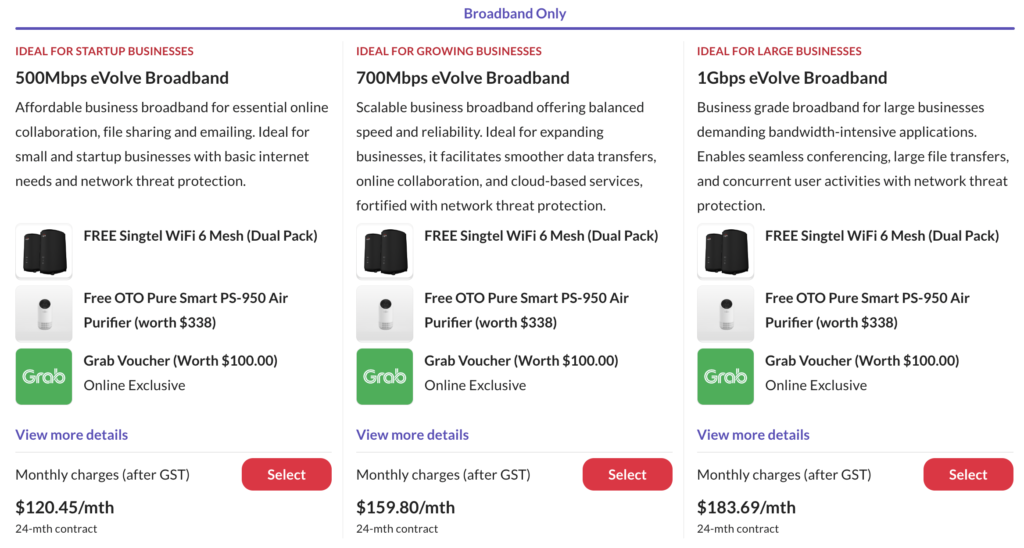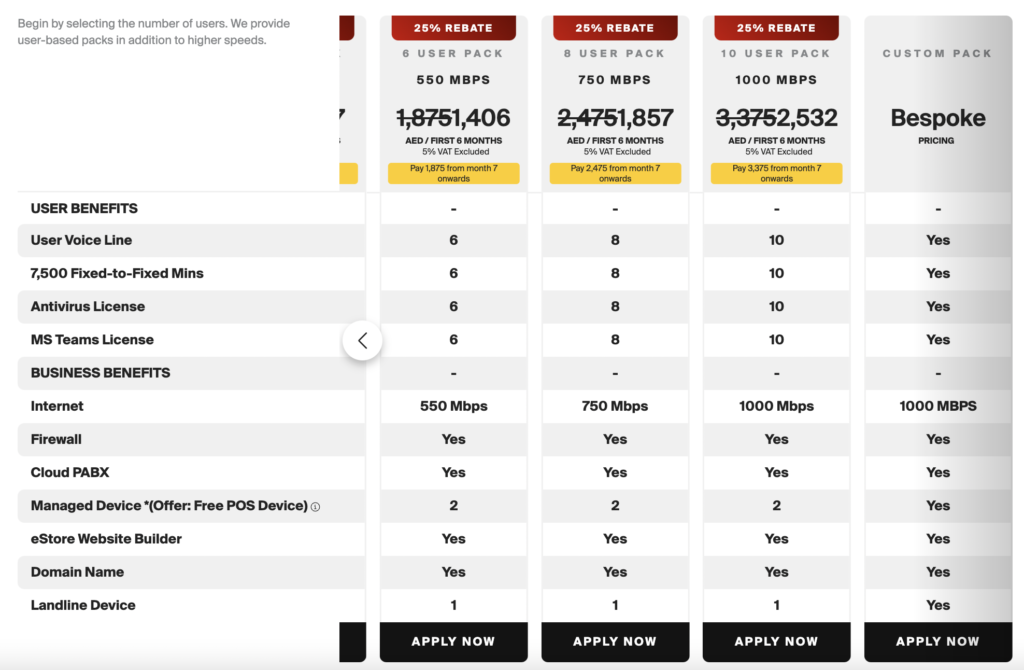SMEs (small and medium-sized enterprises) — those with fewer than 50 employees — play a pivotal role in many markets, responsible for more than two-thirds of all jobs worldwide. This vibrant sector not only fuels economic growth but also drives social development, contributing more than half of the GDP in most OECD countries. For telecom operators, the SME segment offers a unique opportunity to align their consumer (B2C) and enterprise (B2B) business models, depending on the scale of the solution and the level of partnership engagement. Some telcos manage their SME business through their consumer mobile or broadband business units, while others handle it through their enterprise business units. Therefore, understanding and addressing the specific challenges faced by SMEs is crucial.
First, for SMEs, access to financing remains a significant hurdle, hindering their ability to invest in necessary technologies. Second, marketing and customer acquisition pose continuous challenges, where vendors can play a critical role in connecting SMEs with broader audiences. Third, leveraging innovative schemes and managing business sustainability, particularly through digital transformation, are essential for long-term success. As such, it’s imperative for telecom operators to develop tailored solutions that not only support these businesses in overcoming their hurdles but also empower them to thrive in a competitive landscape.
To better understand how telecom operators can support SMEs, we can look at three strategic cities: Hong Kong, Dubai, and Singapore. Hong Kong offers SMEs access to the Chinese market, Singapore provides a gateway to Southeast Asia, and Dubai opens doors to the Middle East and Indian markets. These cities are renowned for their efficient infrastructure and business-friendly policies. According to the World Bank’s Ease of Doing Business report, Singapore and Hong Kong are ranked second and third globally, reflecting their efficient government services, excellent infrastructure, and supportive regulations. Dubai, while ranked 16th, offers a lower corporate tax rate and allows expatriates to fully own their businesses in the UAE.

HKT could represent the Hong Kong telecom market as it holds a major market share in both fixed and mobile services. When examining HKT’s SME strategy, it becomes evident that they aim to offer a comprehensive suite of solutions tailored to the diverse needs of SMEs, ranging from leased lines to cloud and AI solutions and each solution has different level of business value in terms of increasing service margin and customer loyalty.

By exploring their SME pages, one can see that HKT also leverages government SME financing schemes to expand their smart POS customer base. However, there are areas where HKT’s approach could be more flexible. Their service offerings and sales portals still heavily rely on dealer consultation channels, with limited bundled options available online. This approach seems more targeted toward mid- to large-sized enterprises rather than small or home-based businesses. Additionally, we could not find any geographic characteristics in their telecom offers. Many SMEs are expected to expand their business relationships in the Greater Bay Area, but HKT’s SME offers do not really meet these demands. It’s likely that many SMEs operating across the Hong Kong-China border subscribe to separate mobile services based on their needs, rather than using a comprehensive SME solution from HKT. As such, while HKT’s strategy effectively addresses certain SME needs, there remains room for improvement in catering to the more agile requirements of smaller businesses and those with cross-border operations.

On the other hand, Singtel shows better online sales engagement for their SMB page. It lists available solutions from broadband connectivity to digital solutions, allowing SME customers to browse and purchase bundles directly from the Singtel Business eShop. Their broadband offer is similar to HKT’s, providing services based on the size of the enterprise, along with mesh Wi-Fi and cybersecurity services. At least, Singtel offers a 2-play bundle online in their eShop. However, beyond broadband, all other solutions are offered as separate options. For small businesses with fewer than 10 people, there is the potential to consider fixed-mobile bundles paired with popular digital transaction or security solutions. While Singtel has successfully brought SME sales to the online channel, the services are still operating separately without bundling synergy. This highlights a significant opportunity for improvement in creating more integrated solutions that can fully address the needs of small businesses in a cohesive manner.

Last but not least, let’s look at Etisalat’s SME offer, which personally impressed me with its comprehensive range of services available online. The overall SME business directions, as mentioned by the VP of SMB at Etisalat, are quite similar to those of HKT and Singtel. He emphasized that Etisalat by e& aims to become the preferred partner for all business solutions, leading the way in digital transformation. The company goes beyond merely providing connectivity, offering a comprehensive suite of digital tools and services that enable small businesses to grow, achieve success, and excel. However, Etisalat’s implementation of these solutions is more tangible and user-friendly than the previous two operators.

Etisalat’s FBB (fixed broadband) + business solution bundles are not only divided by bandwidth but also by the number of users in the office. These bundles include security, productivity, cloud services, digital transactions, e-store builders, domains, and landlines on top of FBB connectivity. Additionally, their solutions are displayed not only from a feature perspective but also categorized by industry, company size, and service needs. This tailored approach makes it easier for SMEs to find the solutions that best meet their specific requirements. If telecom operators wish to revamp their SME packages, Etisalat’s site could serve as an excellent reference point, offering clear value propositions to address diverse SME service needs. By adopting a similar approach, operators can enhance their service offerings, making them more accessible and relevant to small businesses, thereby becoming true partners in their clients’ growth and success.
